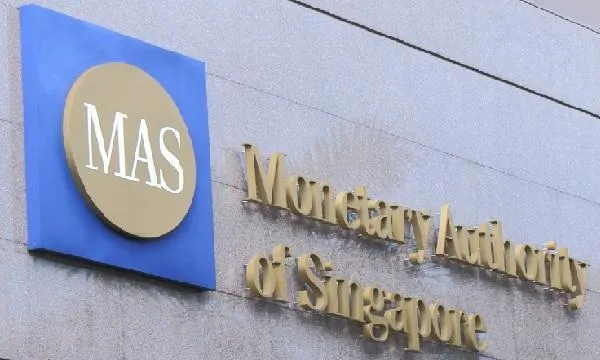
Singapore introduces new reporting standards for banks
It will require data collection of RMB business activities and deposit rates to be rationalised.
The Monetary Authority of Singapore (MAS) has imposed regulatory changes on the reporting standards for banks that will take effect on 1 October 2020.
MAS will require banks to collect more granular data of their assets and liabilities by currency, country, and industry. "Greater granularity allows better identification of potential risks to the banking system," the de-facto central bank said. "This is in line with MAS’ objectives to collect data in machine-readable format and to reduce duplicate data submissions by financial institutions."
The regulator will also require the rationalisation of the collection of data on RMB business activities and deposit rates with the aim of providing greater consistency and reusability of the data.The last change involves the removal of the Domestic Banking Unit and Asian Currency Unit and for banks report their regulatory returns in Singapore dollar and foreign currency instead.
MAS had earlier provided banks with the finalised template for their data submissions which will provide them with 24 months to make the necessary changes to their systems and processes in order to meet the new requirements.
Banks can still use the existing reporting forms for data submission before the changes kick into effect on 2020.
The regulator also formed an industry working group to review whether transactional data provided to the OTC trade repository can be used as an alternative source for data collected in the revised regulatory requirements. "If possible, this will further rationalise data collection for OTC data reporting, improving efficiency and reducing costs for banks," it concluded.






![Lorem Ipsum [ABF 1]](https://cmg-qa.s3.ap-southeast-1.amazonaws.com/s3fs-public/styles/exclusive_featured_article/public/2025-03/a_hand_pointing_to_a_futuristic_technology_5b87c9d0e3_1.png.webp?itok=2w0y1WhS)


![Cross Domain [Manu + SBR + ABF + ABR + FMCG + HBR + ]](https://cmg-qa.s3.ap-southeast-1.amazonaws.com/s3fs-public/styles/exclusive_featured_article/public/2025-01/earth-3537401_1920_4.jpg.webp?itok=WaRpTJwE)








 Advertise
Advertise

